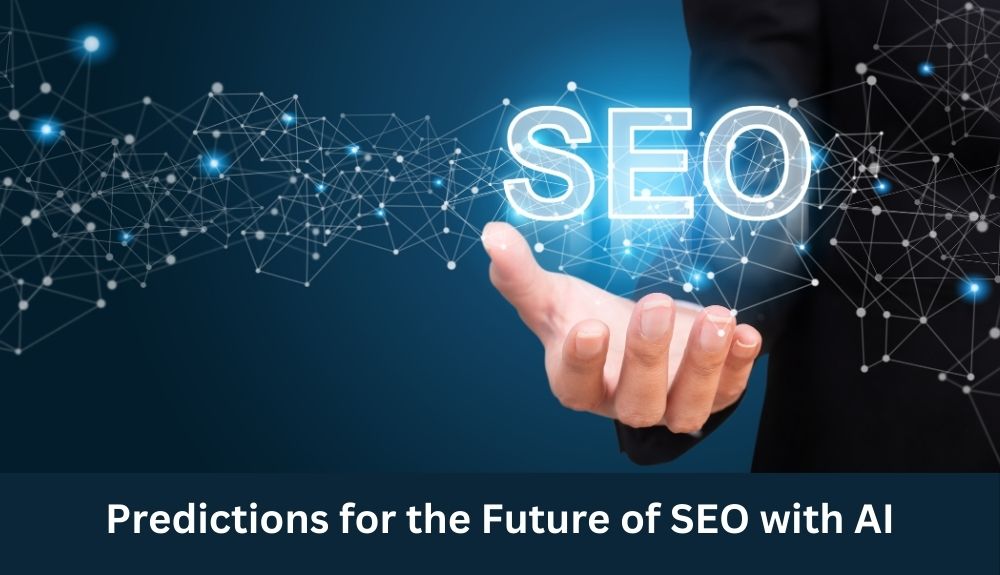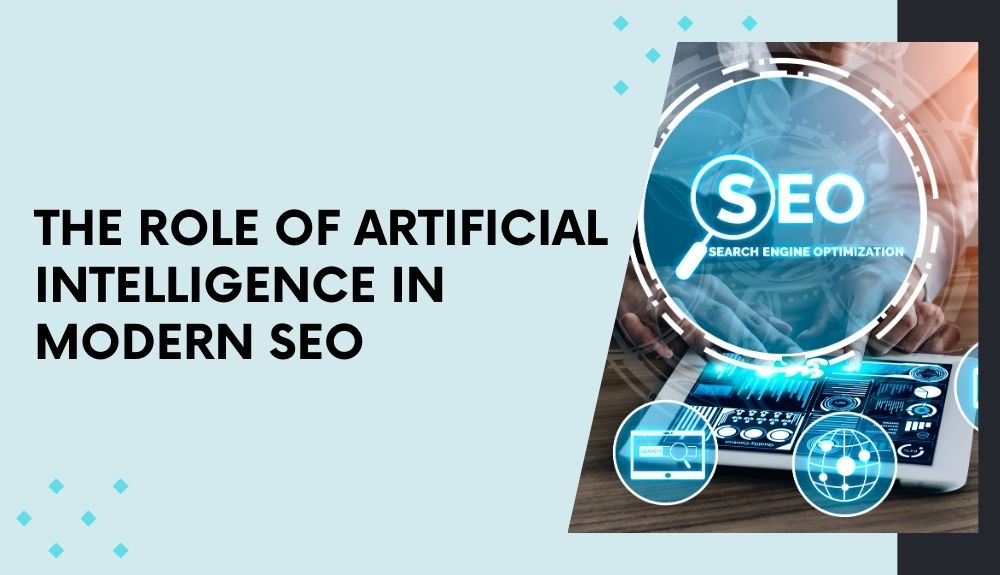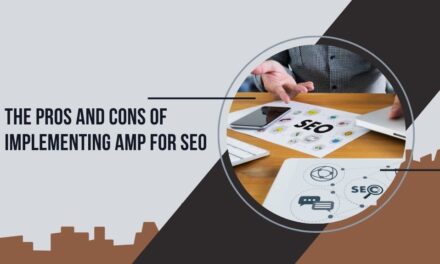Welcome to the exciting intersection of technology and digital marketing! In today’s fast-paced online world, staying ahead of the curve is crucial for businesses looking to boost their visibility and reach. Enter Artificial Intelligence (AI), a game-changer in the realm of Search Engine Optimization (SEO). Let’s delve into how AI is revolutionizing SEO strategies and shaping the future of online discovery.
Benefits of Using AI in SEO Strategies
Artificial Intelligence (AI) has revolutionized the way we approach Search Engine Optimization (SEO). One of the key benefits of incorporating AI into SEO strategies is its ability to analyze vast amounts of data quickly and efficiently. By utilizing AI-powered tools, businesses can gain deeper insights into user behavior, search trends, and competitor strategies.
Moreover, AI algorithms can help identify patterns and correlations that human analysis may overlook. This enables marketers to make data-driven decisions based on accurate predictions rather than guesswork. With AI, content optimization becomes more targeted and personalized, leading to improved user experience and higher search engine rankings.
Additionally, AI can automate repetitive tasks such as keyword research, content creation, and link building. This not only saves time but also allows marketers to focus on more strategic aspects of their SEO campaigns. In a fast-paced digital landscape, leveraging AI in SEO gives businesses a competitive edge by staying ahead of algorithm updates and industry trends.
Predictions for the Future of SEO with AI

As technology continues to advance at a rapid pace, the future of SEO with AI looks promising. With artificial intelligence becoming more sophisticated, we can expect even more personalized search results tailored to individual users. This means that businesses will need to focus on creating high-quality content that resonates with their target audience on a deeper level.
AI algorithms are likely to become even more adept at understanding user intent and context, leading to improved rankings for relevant websites. Voice search optimization is also set to grow in importance as virtual assistants like Siri and Alexa become increasingly popular tools for searching the web.
The role of AI in SEO will extend beyond keyword research and content optimization; it may soon be used for predictive analysis and trend forecasting. This could revolutionize how businesses strategize their SEO efforts, staying ahead of the curve in an ever-evolving digital landscape.
The integration of AI into SEO practices is poised to redefine how we approach digital marketing strategies in the coming years.
How to Incorporate Artificial Intelligence (AI) into Your SEO Strategy
When it comes to incorporating AI into your SEO strategy, there are several key steps you can take to enhance your website’s performance and visibility.
Utilize AI-powered tools for keyword research and analysis. These tools can help you identify high-performing keywords and optimize your content accordingly.
Next, leverage AI algorithms to personalize user experiences on your website. By understanding user behavior and preferences, you can tailor your content to meet their needs more effectively.
Additionally, use AI technology to automate repetitive tasks such as meta tags optimization or image tagging. This will save you time and allow you to focus on more strategic aspects of SEO.
Monitor the performance of your SEO efforts using AI analytics. These insights can help you make data-driven decisions and continuously refine your strategy for better results.
Challenges and Limitations of AI in SEO

As powerful as AI is in enhancing SEO strategies, it also comes with its fair share of challenges and limitations. One major challenge is the potential lack of transparency in AI algorithms, making it difficult for marketers to fully understand how decisions are being made. This can lead to issues with accountability and trust.
Another limitation is the cost associated with implementing AI technologies. Small businesses may find it challenging to afford advanced AI tools, putting them at a disadvantage compared to larger corporations with bigger budgets.
Additionally, there’s the concern of data privacy and security when using AI for SEO. With large amounts of data being processed and analyzed by AI systems, there’s always a risk of breaches or misuse of sensitive information.
Furthermore, the rapid evolution of AI technology means that staying up-to-date with the latest advancements can be a daunting task for marketers who are not well-versed in this field. It requires continuous learning and adaptation to make the most out of these innovations.
Conclusion
As technology continues to advance, the role of artificial intelligence in modern SEO will only become more significant. By harnessing the power of AI, businesses can enhance their SEO strategies, improve user experience, and drive better results. While there are challenges and limitations to consider, the benefits far outweigh them.
Incorporating AI into your SEO strategy may require initial investment and learning curve, but the long-term advantages are undeniable. As AI continues to evolve, it is essential for businesses to stay updated on the latest trends and techniques in order to remain competitive in the digital landscape.
Embracing artificial intelligence in SEO is not just a trend—it’s a necessity for those looking to succeed online. By leveraging AI tools and technologies effectively, businesses can optimize their websites for search engines, attract more organic traffic, and ultimately achieve their marketing goals. The future of SEO is here with artificial intelligence leading the way towards greater efficiency and effectiveness.












